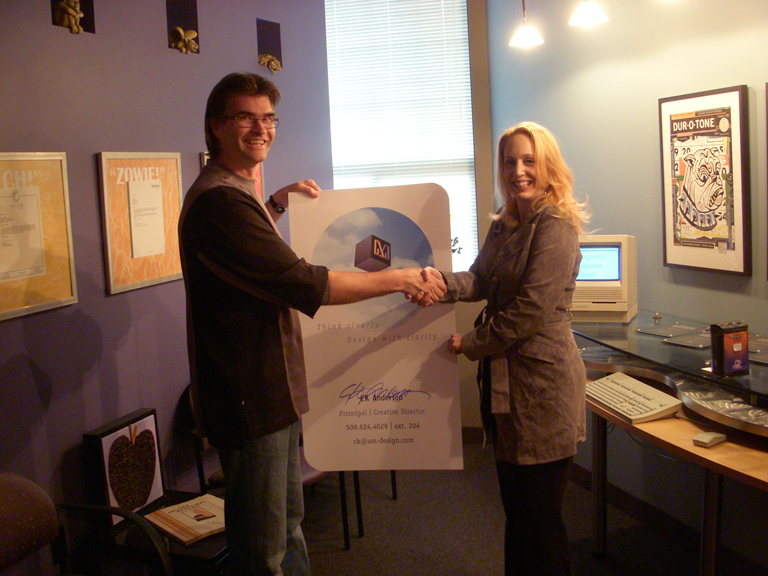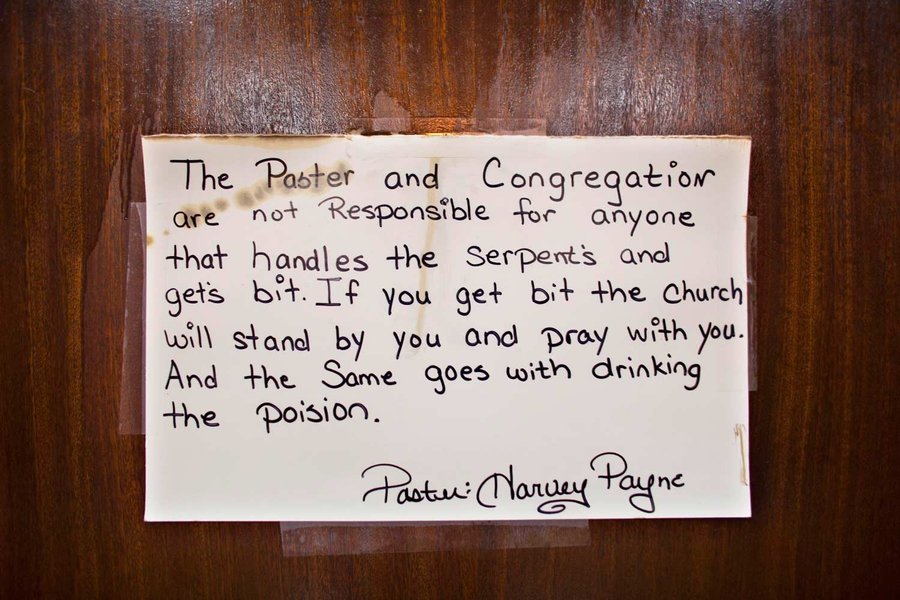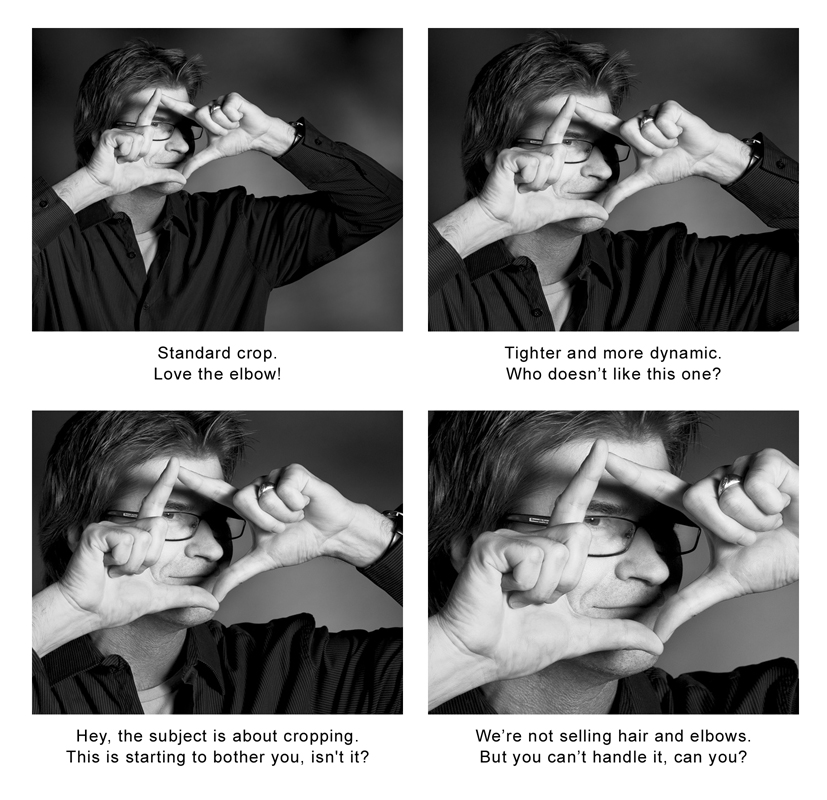Interesting. It appears that public outcry can change the minds of branding experts very quickly.
I’m not here to defend GAP’s new logo design (or, maybe I should refer to it as the old one, or the one that didn’t take). I’m pretty neutral on the original logo, but it does seem to have a little more personality than the latest version. And I certainly would never bash the use of Helvetica in the new logo (the font they’ve been using in GAP campaigns for quite some time).
But what I find curious about this matter is that the ill-fated new logo was most likely the result of a well-thought-out strategy for change by some smart and experienced branding folks. I can’t imagine a new logo for a $15 billion company being created in a vacuum. On the contrary, I would assume it was the result of some serious thinking, exploration, and scrutiny. Maybe even some user testing. Which makes it all the more disappointing that the brand underpinnings by which it was created can so quickly give way from the weight of public opinion (some of them are even GAP customers). It’s as if the premise for the new logo design never had merit to begin with.
Now I know that the kind of attention this logo received was nothing short of overwhelming (and nothing new for consumer brands changing long-time logos), and it would have been difficult for the VPs overseeing this endeavor to ignore the blogosphere, but it’s very disappointing that the public – in part made of up of us know-it-all design professionals – can reduce a process into a popularity contest. In GAP’s most recent press release, it states apologetically, “We recognize that we missed the opportunity to engage with the online community.” Whatever.
I would have been more enchanted with the GAP brand had they stuck to their guns on this one. Hmmm…I wonder what Steve Jobs would have done in this situation?
posted by: CK Anderson | category: the design life | make a comment



